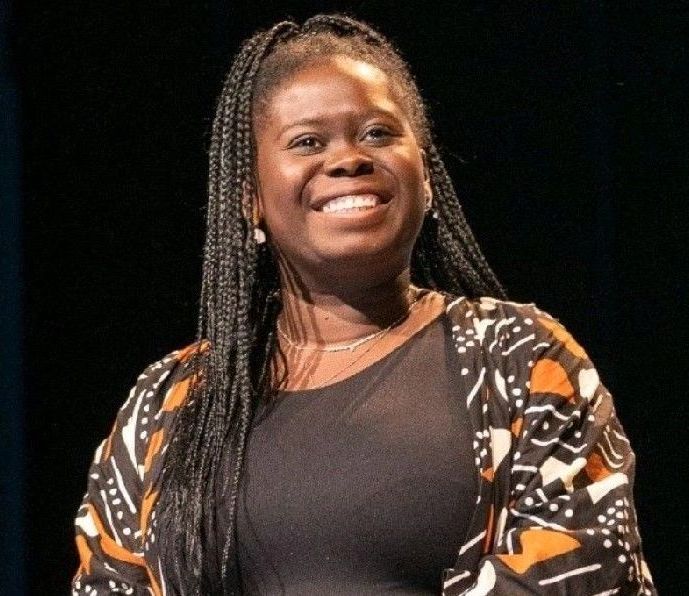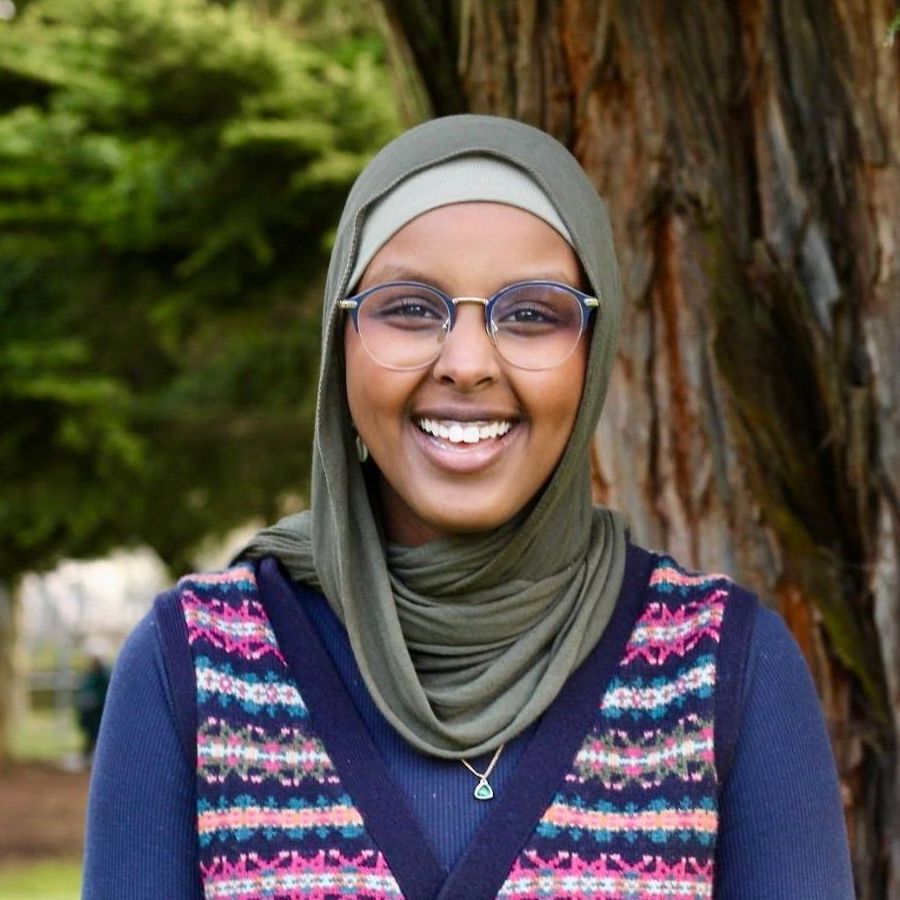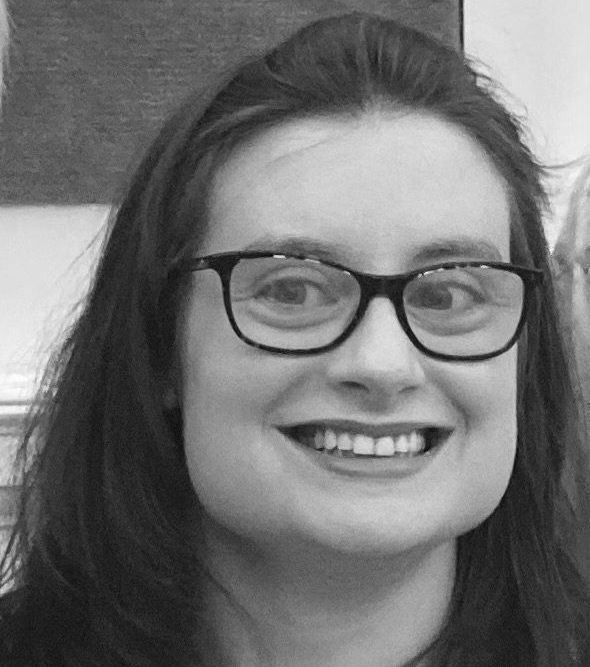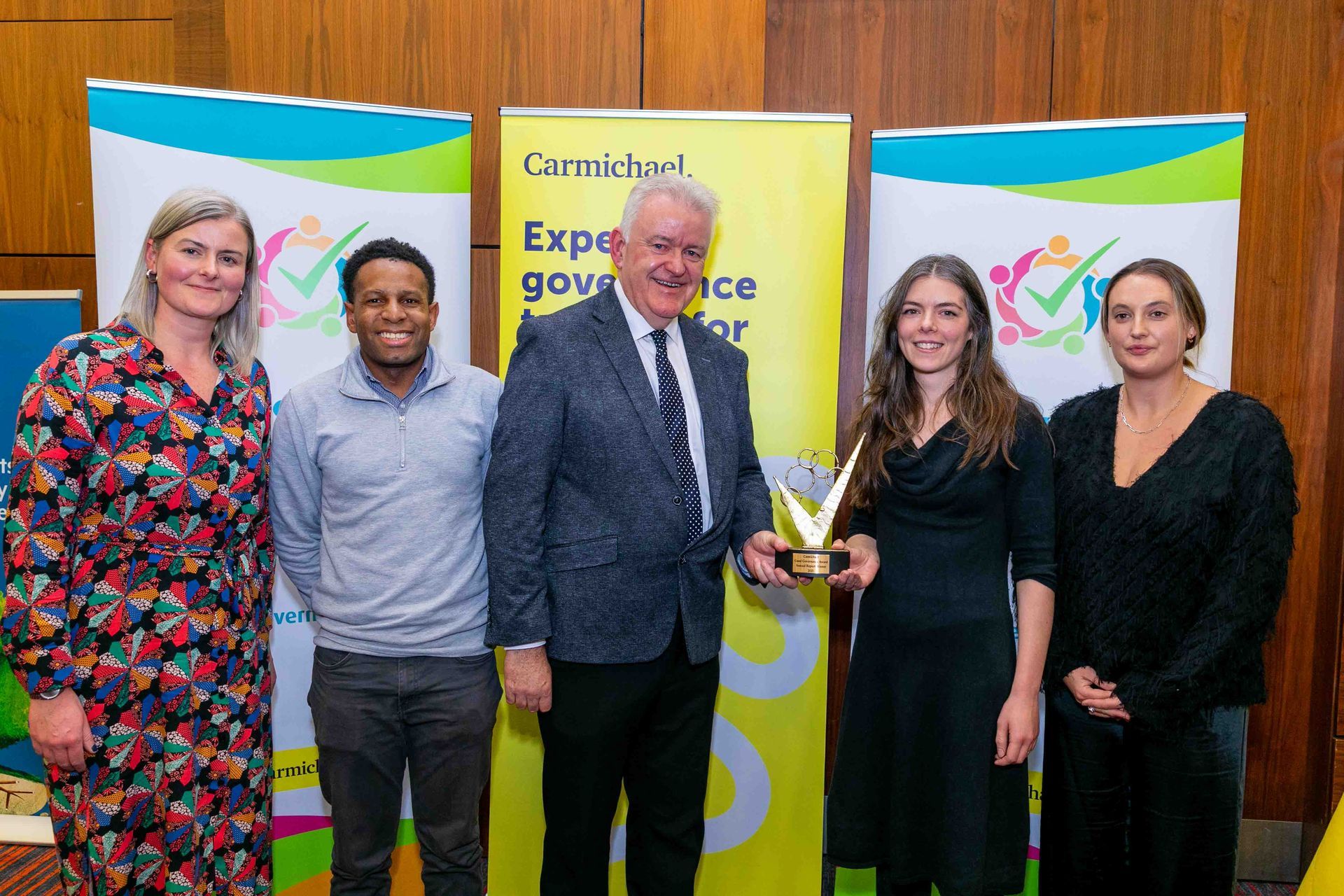Valery Molay is a Climate Justice Policy Expert, Activist and currently Programme Manager at “Women Engage for a Common Future”. Valery’s passion for tackling inequalities has inspired her to work in climate and racial justice. Valery completed a BA honours degree in Politics, International relations, Philosophy and Social justice and a Masters degree in Environmental Policy from University College Dublin. Valery has been involved in designing and delivering training and other support to embed a climate justice lens to the collective response to climate change in the youth sector. Through her many work and activism, Valery engages a vast spectrum of stakeholders, from young people, to civil society, to political principals from around the world. In May 2019, Valery was selected as one of Ireland’s two UN Youth Delegates. She dedicated her one-year term to highlights young people’s perspective on climate justice, descent work and mental health and inequalities. Valery has previously sat on the expert group on membership, diversity and inclusion for the European Youth Forum and was the chairperson of the Irish Network Against Racism (INAR). Valery is currently a Programme Manager with WECF
Exploring Contemporary Crises and Issues through Global Citizenship Education: Climate Justice, the missing voices
Date: Wednesday 19 March, 12.30-2pm
Location:
Online via Zoom
Join us for the first session of our 2025 webinar series: "Exploring Contemporary Crises and Issues through Global Citizenship Education". The session kicking off this year's series is entitled "Climate Justice, the missing voices" and will be held on Wednesday, 19th March, online from 12.30-2.00pm.
Climate change is one of the major crises of our times. As educators, we seek to address gaps in our knowledge, acknowledge bias in our understanding and spotlight voices from diverse groups affected by the issue. This webinar will equip educators to address some of these gaps when we educate about Climate Change and Climate Justice. What are the consequences and risks for women and marginalized communities to be left out of the picture? How should their experience of environmental collapse guide our Development Education/Global Citizenship Education programmes?
We will introduce concepts of “intersectional feminism”, climate justice, and the differential impact of climate change on marginalised communities. Speakers will include those working on climate justice from a variety of perspectives to illustrate and translate these abstract notions into a real-life context locally and globally. Participants will be equipped with more perspectives on climate justice and a deeper understanding of the experience of those directly affected by climate breakdown. Participants will also have time dedicated to a Question & Answer session.
Image Credit: Markus Spiske
Attribution: Unsplash
Disclaimer
The views, opinions, and perspectives expressed by any speaker, host, facilitator, trainer or participant in IDEA webinars, seminars, events, talks, trainings, workshops, videos or podcasts are solely those of the individual(s) concerned. These views do not necessarily reflect the official policy, position, or values of IDEA, its National Council, its members, funders, or partner organisations.
IDEA provides platforms for dialogue and learning in the spirit of critical engagement, inclusivity, and diversity of thought. The hosting or facilitation of any individual, group or event does not constitute endorsement of any specific viewpoint expressed.













